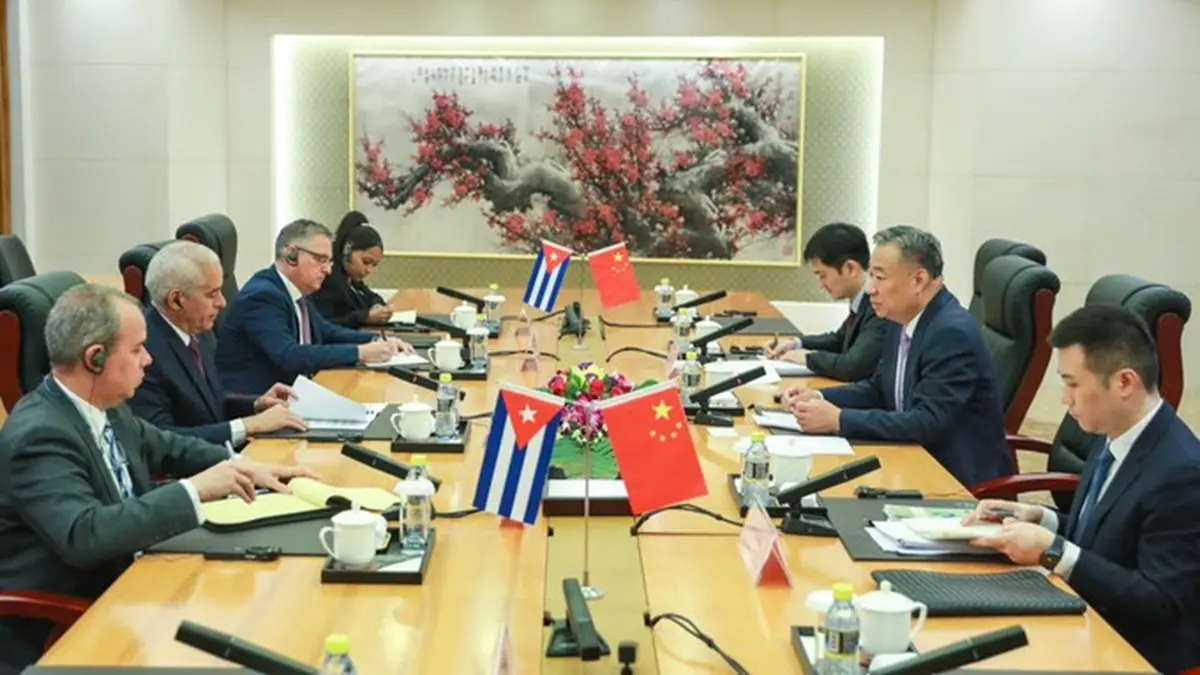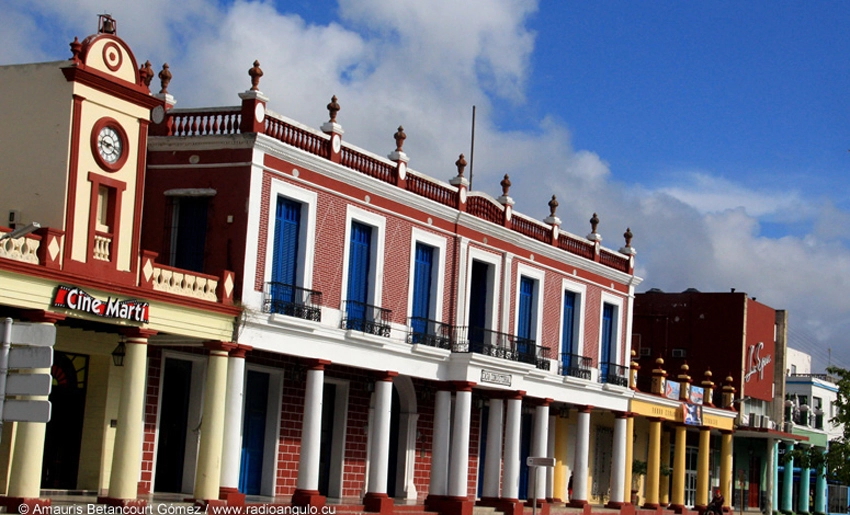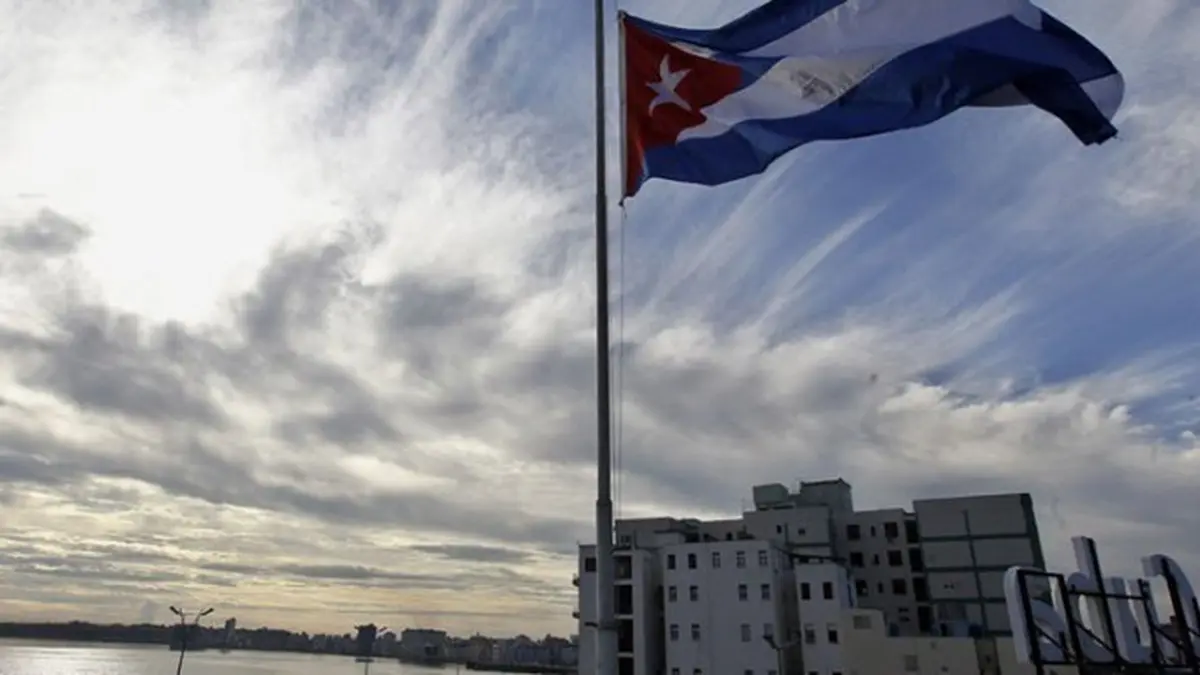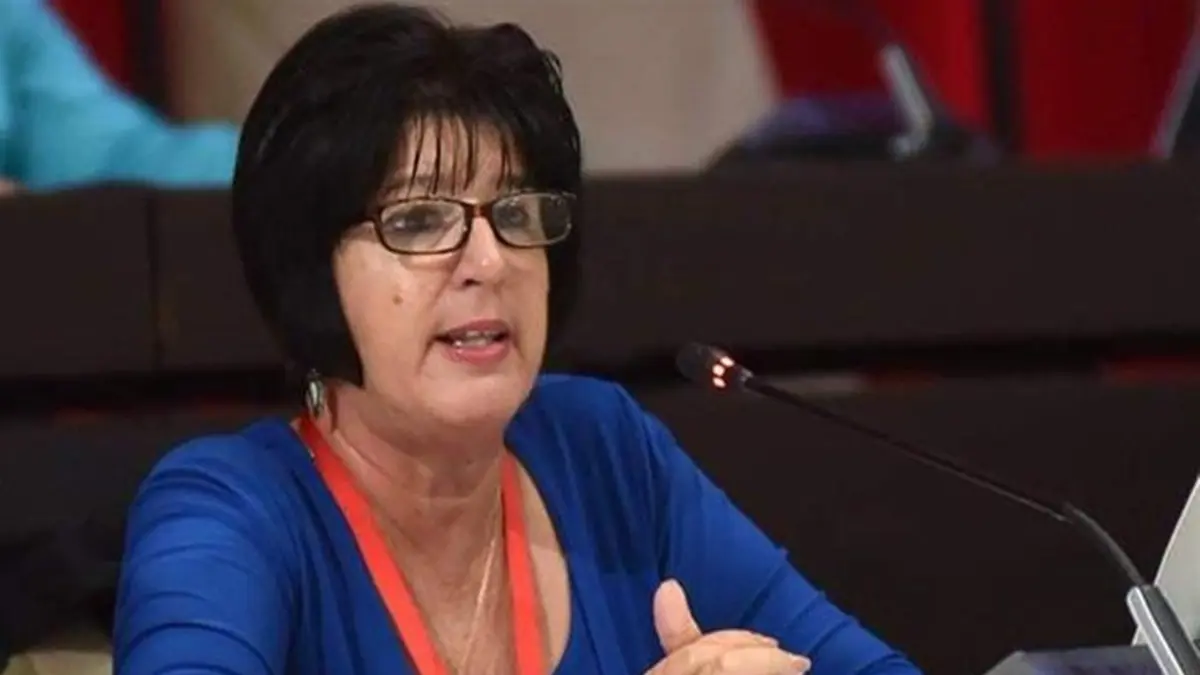Transnational Far Right Uses Fake News to Fuel Student Revolt in Cuba

Cuban college students. Photo: Education Ministry.
June 4, 2025 Hour: 2:45 pm
Experts have described this approach as a ‘Fourth-Generation Warfare Operation.’
In recent days, Cuba has been the target of a new media and political offensive organized by the transnational far right, which seeks to exploit university students’ reaction to increased Internet rates to advance a destabilizing agenda.
RELATED:
The disinformation strategy aims to portray the existence of alleged “mass protests” at Cuban universities as a method to effectively provoke them. Experts have described this approach as a “Fourth-Generation Warfare Operation.”
The spread of fake news includes the use of influencers to amplify the disinformation. This occurred, for example, with a social media post by Argentine activist Agustin Antonetti, a spokesperson for the Fundacion Libertad, an organization funded by President Javier Milei and his continental right-wing allies.
Hiding his real political motives, Antonetti urged the world to support Cuban university students, claiming that “Cuban universities are rebelling against the regime.”
At the same time, the transnational right has circulated fake statements allegedly issued by Cuban student organizations calling for mass protests. However, these statements were created from abroad using manipulated university logos to simulate their legitimacy.
The University of Computer Sciences, the University of Havana, and other institutions have categorically denied issuing such messages and confirmed they did not originate from their students or from the Federation of University Students (FEU).
The text reads, “Spread the truth: fake letters and a campaign against the Cuban public university by those who want to privatize it. I denounce the strategy: we will verify the sources of each statement and expose the frauds. The public university is not to be touched!”
These apocryphal messages aim to inflate a narrative of “widespread chaos” where none exists, repeating the same strategy used during the events of July 11, 2021, when the hashtag #SOSCuba was used to justify foreign interference.
The trigger for this new mass manipulation attempt is student dissatisfaction over new mobile data rates announced by the Cuban Telecommunications Company (ETECSA), which implemented the pricing adjustment without sufficient prior consultation with users. Several faculties released statements demanding solutions to the new rates, but none called for violent protests or civil disobedience.
In an interview with teleSUR, FEU President Ricardo Rodriguez confirmed students from various disciplines had voiced concerns over data access, but clarified that their concerns were expressed publicly in a respectful manner, seeking optimal solutions for the country and the university community.
Using anonymous accounts operated from abroad, far-right activists have distorted the students’ demands to build a disinformation campaign with political demands that Cuban students have never raised. In a textbook case of 4th-generation warfare tactics, the goal is to turn a sectoral grievance into a Trojan horse for destabilization, promoting a false “social uprising” to justify international intervention.
Before the triumph of the Revolution in 1959, Cuba had only three public universities, accessible to only a limited number of people. Today, this Caribbean country has 50 free higher education centers serving 132,758 students and offering 128 postgraduate programs.
teleSUR/ JF
Sources: CubaDebate – Granma – El Necio






